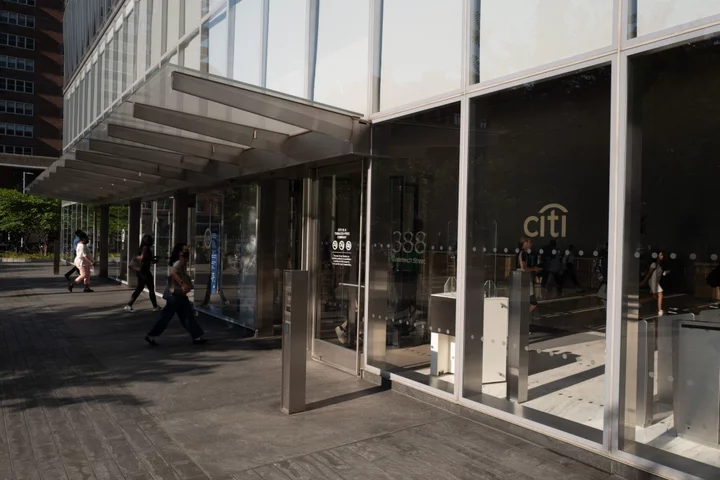Citigroup Inc. has heavily cut back on its business of lending to buyout firms as part of the Wall Street giant’s broader push to improve returns across its institutional business.
The Wall Street giant “pretty significantly” reduced its portfolio of subscription credit facilities, Chief Financial Officer Mark Mason said Friday. The moves came after New York-based Citigroup took a close look at the profitability of some of the facilities it had extended and the fact that some of the clients weren’t using the bank’s other products, he said.
“Where those returns are low or subpar, and the prospect for doing more has proven to be fruitless, we take it down,” Mason said on Citigroup’s second-quarter earnings conference call. “That’s what we’ve done with a large part of that book.”
Private equity funds use subscription credit facilities as a form of short-term borrowing that allows them to do deals without having to hit up investors for more capital. For banks, it’s long been viewed as a low-margin business that gives them better access to buyout firms.
The moves are all part of Citigroup’s plans to improve its ratio of revenue to risk-weighted assets — a key measure of profitability — inside the institutional business. The bank has successfully reduced risk-weighted assets by $120 billion in the past two years alone, Mason said Friday.
As part of those efforts, Citigroup has been requiring some of its least-profitable trading clients to post more collateral. The bank has said it would even drop some of them to help boost returns in the markets business.
“Where those promises for higher relationship returns aren’t manifesting themselves, we’ve not renewed those loans,” Mason said. “We juxtapose it against other opportunities to use balance sheet where clients are taking advantage of the broader franchise and therefore are generating higher returns.”
Citigroup’s work will take on new meaning in the coming months as investors largely expect regulators to saddle the bank with even higher capital requirements as a result of the implementation of the so-called Basel III requirements and a separate push by the Federal Reserve to rework its own supervision efforts in the aftermath of the collapse of four US banks this year.
Read More: Banks Face Growing Capital Scrutiny With Stress Tests Up First
Citigroup is already readying itself for a higher Common Equity Tier 1 capital requirement of 12.3% in October. The bank ended the second quarter with that metric at 13.3%.
“As we think about pending regulatory changes,” Mason said, “proactively making these efforts becomes critically important.”

